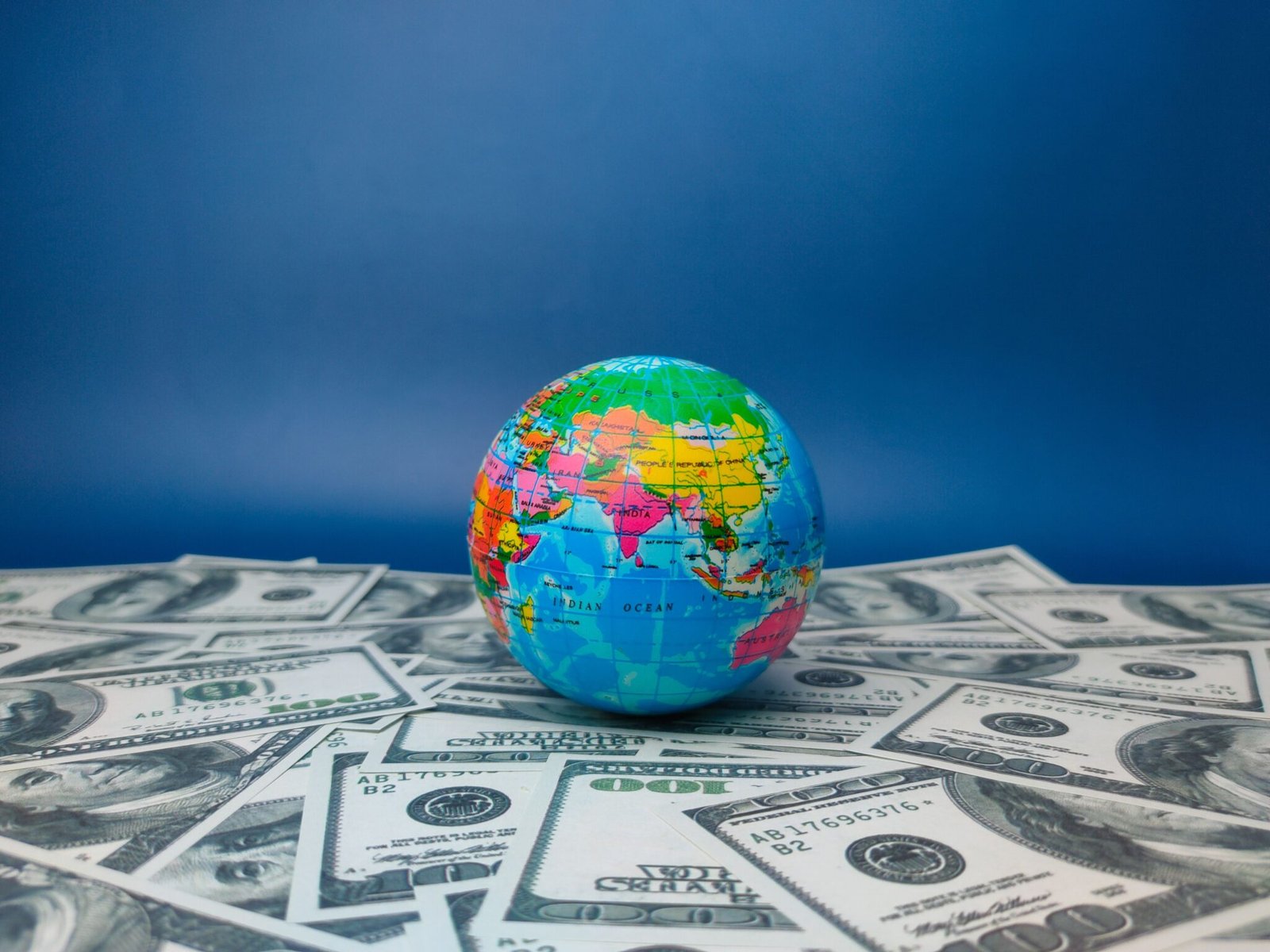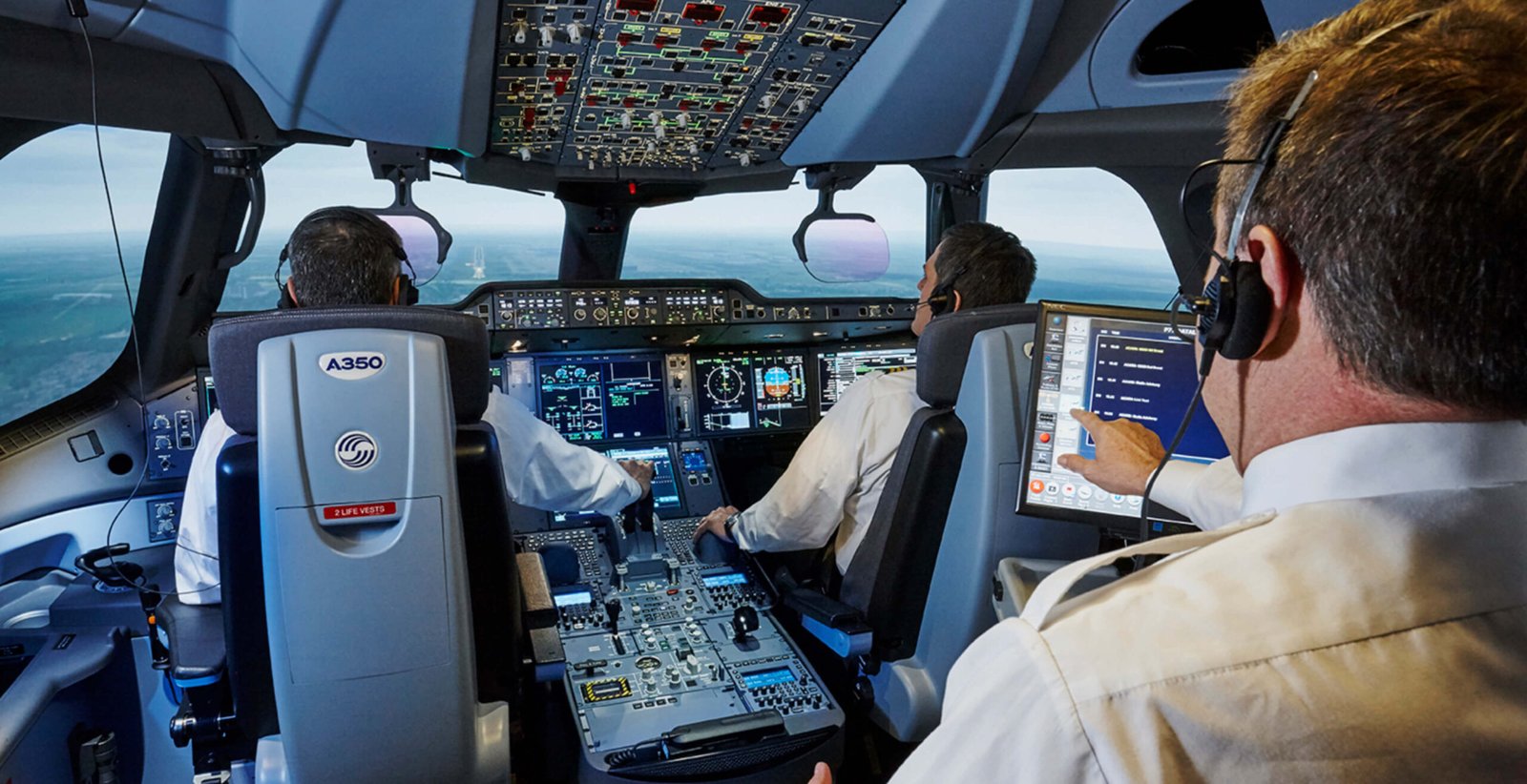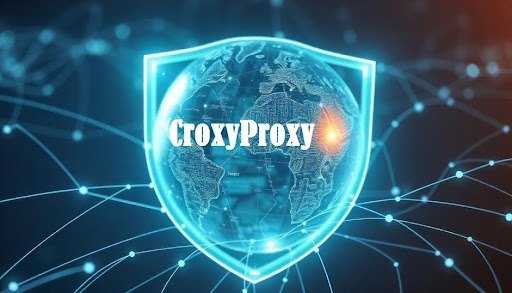In today’s fast-paced, interconnected world, the terms business and economy are more relevant than ever. From local startups to multinational corporations, and small-town markets to global financial hubs, the relationship between business and the broader economy determines the direction of development, prosperity, and progress.
But how exactly do they interact? What impact do they have on society? Let’s dive deep into understanding this powerful duo.
What Is the Relationship Between Business and Economy?
The economy is a system of production, distribution, and consumption of goods and services. Businesses, on the other hand, are the key players in this system. They create products, provide services, generate employment, and pay taxes, all of which contribute to the overall functioning of the economy.
In essence:
- A strong economy encourages the growth of businesses through increased demand and capital availability.
- Thriving businesses drive economic growth by increasing productivity, employment, and innovation.
This symbiotic relationship is vital for any country’s development and global competitiveness.
Key Drivers Linking Business and the Economy
Understanding how business and the economy work together involves examining several core factors:
1. Supply and Demand
Business operations are fundamentally influenced by consumer demand. A surge in demand leads to increased production, more jobs, and a larger contribution to GDP. Conversely, declining demand can signal economic trouble.
2. Capital Investment
Companies invest in equipment, technology, and infrastructure to expand operations. These investments boost industrial output, fuel innovation, and enhance national productivity — all essential for a healthy economy.
3. Job Creation and Income Distribution
Businesses are the primary source of employment in any economy. When companies hire more workers, consumer spending rises, which in turn drives business revenues and fuels economic growth.
4. Innovation and Technological Advancement
Innovation, often driven by business competition, has ripple effects on the economy. New products and efficient processes reduce costs and enhance the quality of life. Think of how digital banking, e-commerce, or renewable energy have reshaped industries and economies.
5. Government Policies and Regulations
Fiscal policies (taxation, spending) and monetary policies (interest rates, money supply) set by governments have a direct impact on both businesses and the broader economy. Business-friendly policies often promote economic expansion.
How Global Trends Influence Business and Economy?
The modern economy is deeply globalized. Here are some global trends shaping business and economic outcomes:
– Globalization
Open trade policies and global supply chains have enabled businesses to reach new markets and reduce production costs. This has increased global economic interdependence.
– Digital Transformation
The rise of the digital economy, e-commerce, and fintech has transformed how businesses operate and deliver value. Digitization boosts efficiency, reduces operational costs, and opens doors to innovation.
– Sustainability
Environmental concerns have shifted both business strategies and economic models. Companies are now expected to adopt sustainable practices, which also influences consumer behavior and policy formation.
– Geopolitical Risks
Political instability, trade wars, and regulatory changes in one country can ripple across the global economy. Businesses must adapt to these challenges to remain competitive and secure their market positions.
Small Businesses and Local Economies
While we often hear about big corporations, small and medium enterprises (SMEs) are the backbone of most economies. According to the World Bank, SMEs represent about 90% of businesses and more than 50% of employment worldwide1.
Benefits of SMEs to the economy:
- Promote entrepreneurship and innovation
- Serve niche markets effectively
- Encourage local economic development
- Create a competitive business environment
Business and Economy in Times of Crisis
Crises such as pandemics, recessions, or natural disasters test the resilience of the business-economy relationship. For instance, during the COVID-19 pandemic:
- Many businesses faced closures and revenue losses
- Unemployment spiked globally
- Governments launched stimulus packages to support economic activity
This scenario highlighted the importance of having flexible, technology-driven business models and proactive economic policies.
Future Outlook: Where Are Business and Economy Heading?
– AI and Automation
Artificial intelligence, machine learning, and automation are expected to revolutionize industries, from manufacturing to finance. Businesses that adapt early will shape the economic future.
– Remote Work and Gig Economy
Post-pandemic, the normalization of remote work and freelance culture is altering employment trends and business models. This flexibility can drive economic inclusion and diversity.
– Cryptocurrency and Digital Assets
Digital currencies are not only reshaping the finance industry but also challenging traditional monetary policies and economic regulations.
– Green Economy
Investments in clean energy and sustainable practices are not just ethical choices; they’re economically sound strategies for long-term stability and growth.
Why Business and Economic News Matters?
Staying informed about trends in business and the economy is crucial for:
- Entrepreneurs looking for market opportunities
- Investors assessing risk and return
- Policymakers formulating effective regulations
- Consumers’ understanding of inflation, interest rates, and employment dynamics
One trusted source for such insights is abnews press, which offers timely updates, expert opinions, and detailed analyses on business and economic issues shaping the world today.
Final Thoughts
The interplay between business and economy is dynamic and ever-evolving. As businesses adapt to changing consumer preferences, technological advancements, and policy reforms, the economy shifts accordingly. In return, economic indicators influence business strategies and investment decisions.
Understanding this relationship helps us become better entrepreneurs, employees, and citizens. Whether you are running a startup, managing a large firm, or simply navigating daily financial decisions, staying updated on business and economic trends empowers you to make informed choices.
Also read: Commercial Office Space in Noida: Own vs Lease Benefits













Leave a Reply